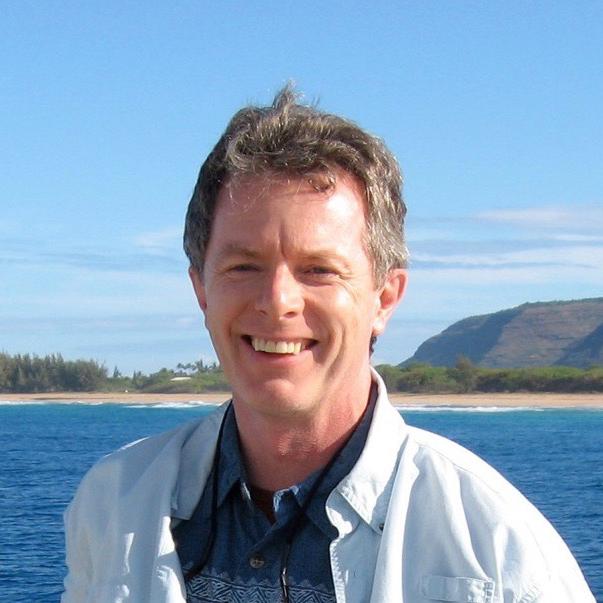David Schmidtz is Kendrick Professor of Philosophy in the College of Social and Behavioral Sciences. He also is Eller Chair of Service-Dominant Logic in the Eller College of Management. He is editor-in-chief of Social Philosophy & Policy. He was founding Head of the Department of Political Economy & Moral Science.
Dave directed the Arizona Center for Philosophy of Freedom, then housed in the College of Social & Behavioral Sciences, from its founding in 2010 until 2019. Following the Center’s 5-year review in 2019, the Center was promoted to the status of University Center at the recommendation of the external review committee. It is now housed in the Office of Research, Innovation, and Impact.
See Dave’s cv in the “Contact Information” box on your right. His work has been reprinted 101 times in 15 languages.
Dave aspires to pick up where the Scottish Enlightenment left off, treating Ethics as a subject that begins and ends with observation: specifically, observation of the human condition and of what tends to improve it. Today’s moral theories often focus on questions of what to do, whereas David Hume and Adam Smith were more focused on what works—that is, which social circumstances have a history of leading people to live in ways that make their communities better off with them than without them.
Here is a 16 minute digest of Dave’s talk in Moscow on “The Return of Ethics.” The interviewer is prominent local actor and producer Robert Anthony Peters. (See Robert’s short film Tank Man.) The executive producer is Patrick Reasonover. See his film They Say It Can’t Be Done.
Here is a 50 minute talk at La Sierra University on Adam Smith.
Here is a suite of 4 x 4 minute videos on equality hosted by the Institute for Humane Studies and the John Templeton Foundation.
Here are reflections on the academic job market in two 15 minute parts. The first part is here. The second part is here.
Here are samples of Dave’s essays on moral theory, property rights, on corruption, on Adam Smith, and on realistic idealism (here and here). He still works on the nature of humanly rational choice in the real world (humanly rational strategies, humanly rational ends, realistically rational altruism) and on the contingent but robust connections between real rationality and real morality. And he still ponders the meaning of life.
